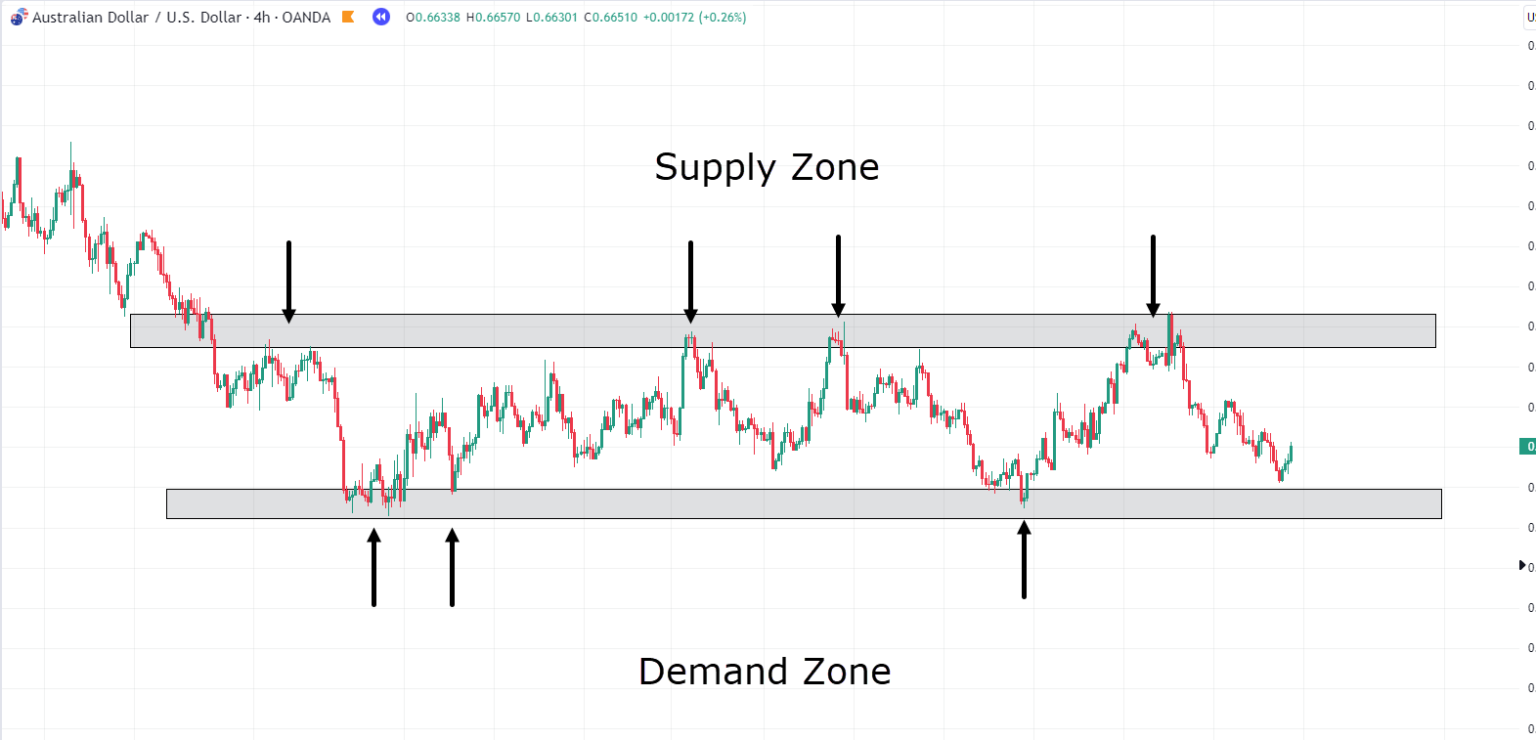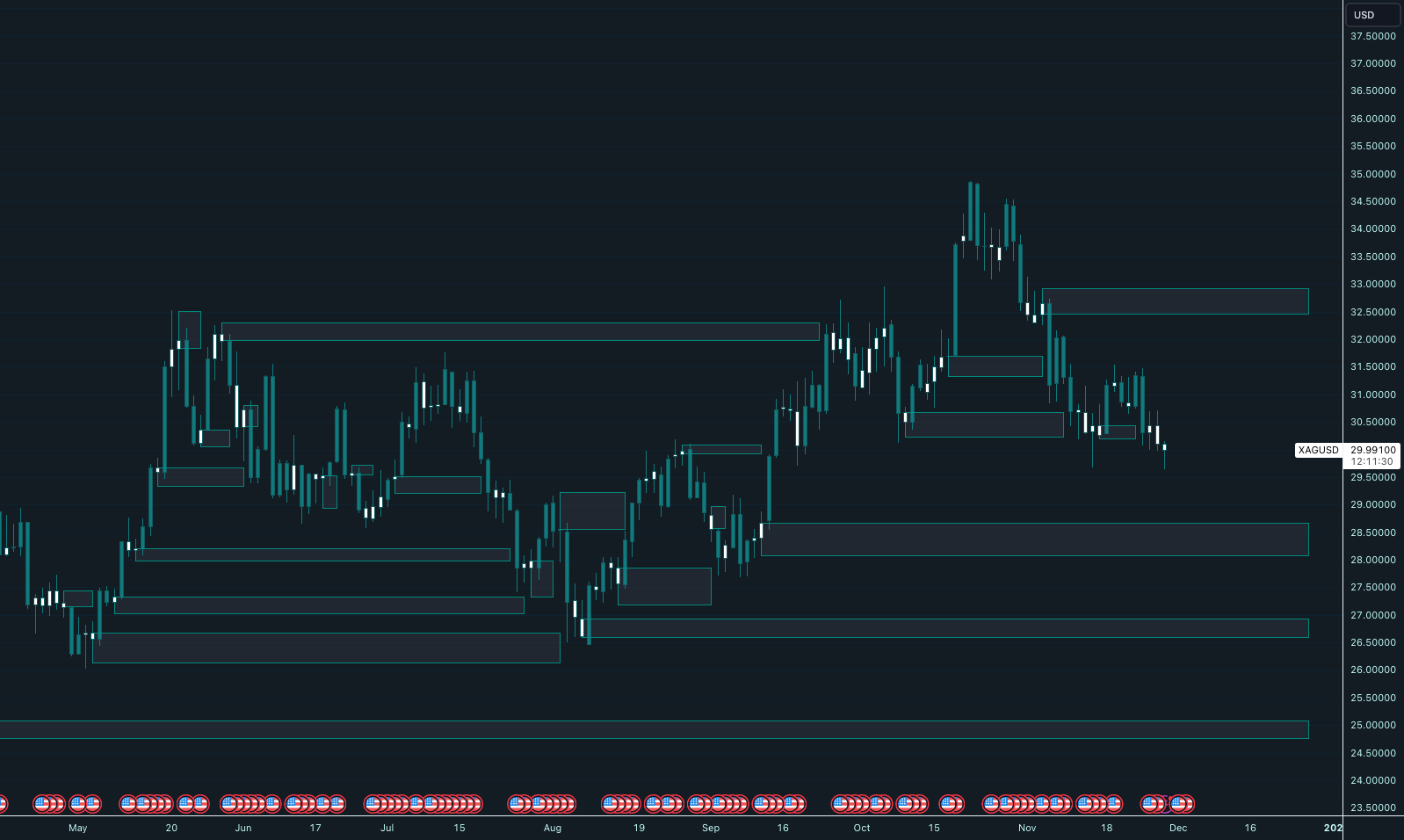How To Draw Supply And Demand Zones In Tradingview

Trading can feel like cracking a secret code. But what if I told you there's a way to peek at the future, or at least get a good guess? It's all about spotting supply and demand zones on Tradingview!
Let's Get Drawing!
First, fire up Tradingview. Got it? Great! Now, think of the chart as a battlefield. Buyers and sellers are constantly duking it out.
We need to find the areas where these battles were most intense. These are our zones!
Spotting the Zones: The Drop-Base-Rally Pattern
Look for a sharp drop in price, followed by a period of sideways movement (the "base"). Then BAM! A strong rally upwards.
That sideways base is your demand zone. Mark it up! You've found where buyers stepped in and said, "Not today, sellers!"
It's like discovering buried treasure on the chart.
The Rally-Base-Drop Pattern
Now let's find the opposite. A rally, a sideways shuffle (the base), then a sharp drop.
That base? That's your supply zone. Sellers showed up in force. "Price? Going DOWN!"
Think of it as finding where the market decided to have a firesale!
Drawing the Rectangle: Your Zone's Fortress
Tradingview has a nifty rectangle tool. Find it on the left toolbar.
Click on the beginning of your base. Drag to the end. Release! You've built a zone-fortress!
Repeat this process for both potential supply and demand zones. You're practically a cartographer of the market now!
Fine-Tuning Your Masterpiece
Zones aren't always perfect rectangles. Sometimes you gotta tweak them.
Drag the edges to better fit the area of congestion. Use those visual clues from the chart!
It's like sculpting a masterpiece out of candlesticks.
Making It Pretty (and Useful!)
Right-click your rectangle. Choose "Settings."
Change the color! Make your demand zones green (for "go!"). Make your supply zones red (for "stop!").
Adjust the transparency so you can still see the candlesticks underneath. Now your chart is a vibrant work of art!
What Makes This So Cool?
Spotting these zones is like having a secret handshake with the market. It's like whispering to the chart, "I see you."
Prices often react when they revisit these zones. It's like the market has a memory!
It won't always work perfectly, but it gives you a valuable edge. It's like having a treasure map to potential opportunities.
Beyond the Basics: Advanced Zone-Fu
As you get better, you'll learn about things like "nested zones" (zones within zones!). You will also learn about the strength and quality of zones.
You can even combine zone analysis with other indicators. Get ready for a whole new level of chart-wizardry!
Imagine yourself as a chart-reading ninja. You'll be spotting patterns and predicting moves like a pro!
So, grab your Tradingview account. Start drawing those supply and demand zones! Get ready to have some fun, learn a lot, and maybe even make some smart moves along the way. It's a thrilling journey!
Who knows, maybe you'll discover your inner chart whisperer. Good luck, and may your zones be ever in your favor!


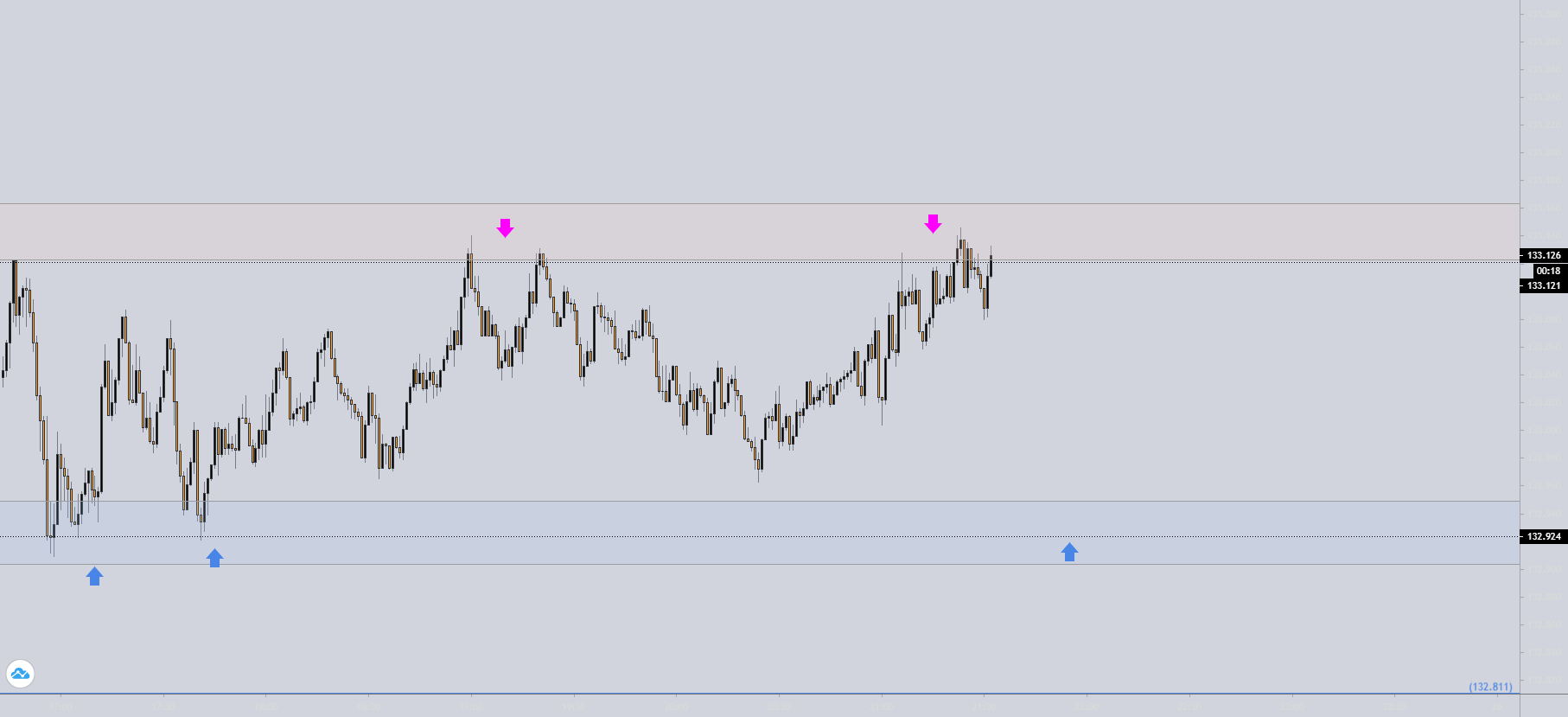

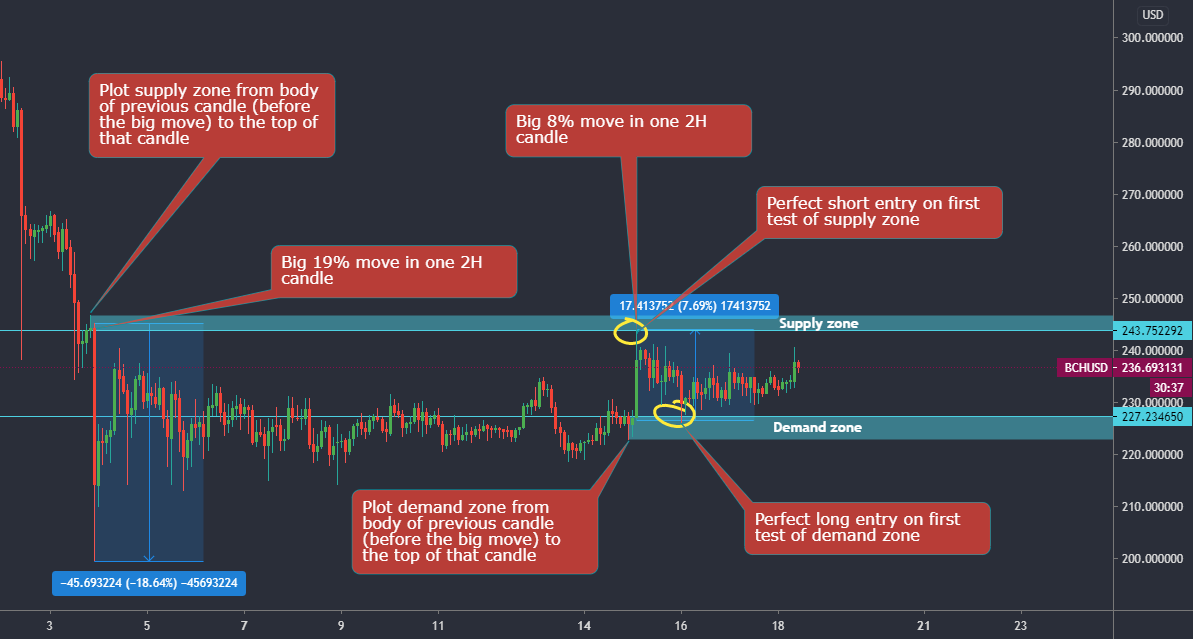







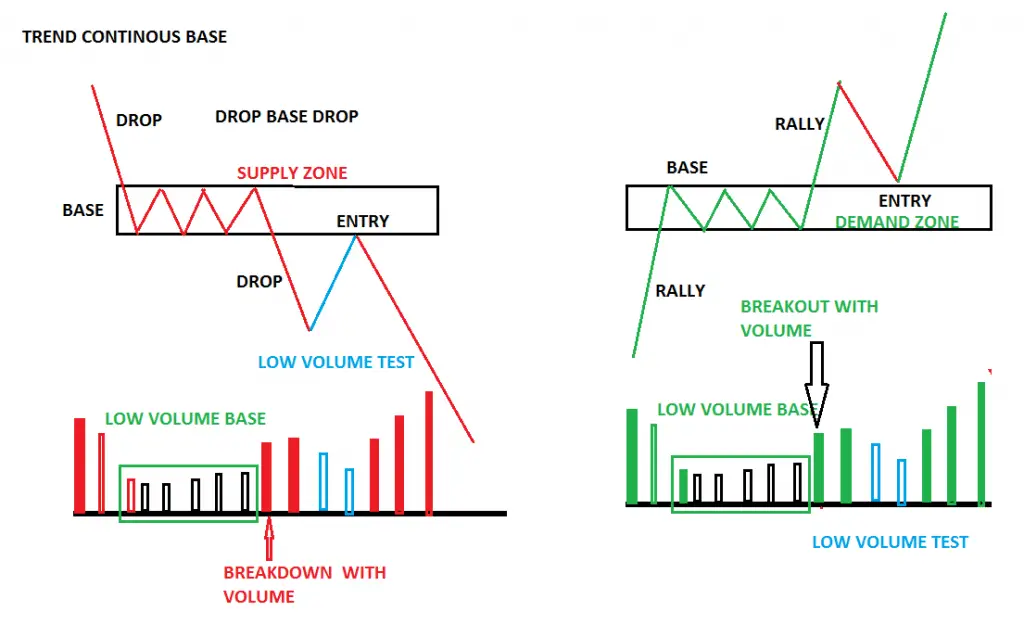
![How To Draw Supply And Demand Zones In Tradingview Dynamic Supply and Demand Zones [AlgoAlpha] — Indicator by AlgoAlpha](https://s3.tradingview.com/s/Sz1PjzR7_mid.webp)
